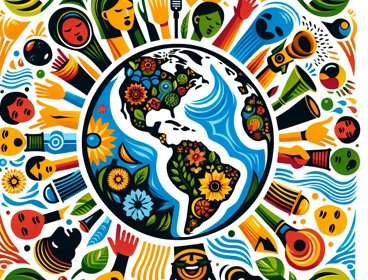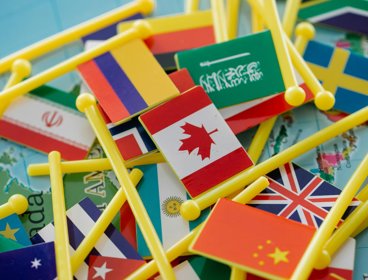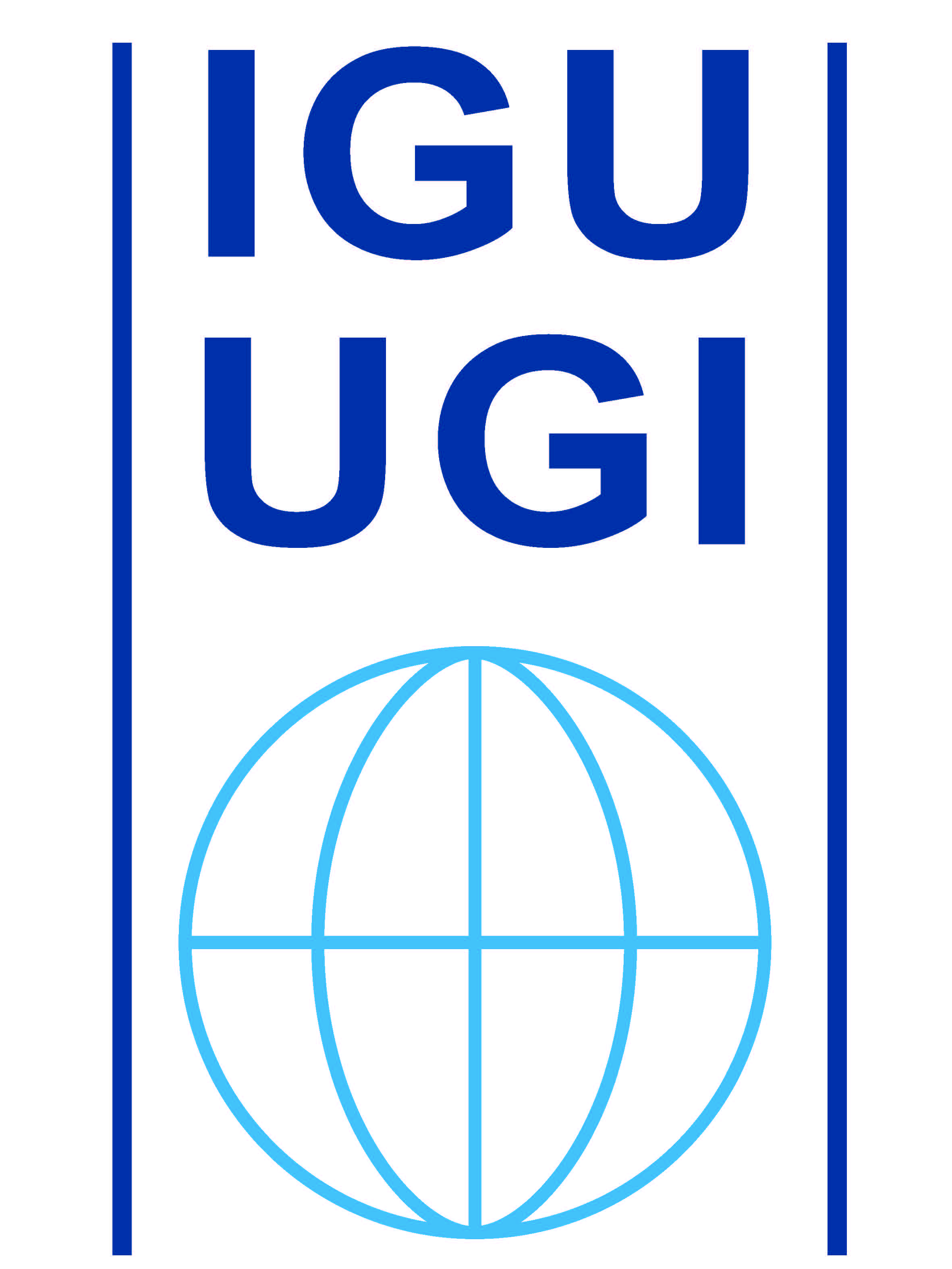Introduction
The various climate crises present urgent questions for geographers who can analyse the issues on a variety of scales and perspectives. In the summer of 2021, the Open University introduced an interdisciplinary undergraduate module titled Global Challenges: Investigating the Social Sciences. Within this module, the Geography strand looked at climate change and in particular its impact across the Global South.
It was developed with a commitment to amplify marginalised voices from the Global South on the climate crisis. Through the practice of active listening, it aimed to highlight the significance of viewing the climate crisis from the perspective of the Global South, offering the opportunity to learn from across a variety of contexts.
Integral to the geography teaching has been a series of short films: Voices from the Global South, which take students on a virtual field trip. Stemming from COP 26 in Glasgow to a series of visual and audio resources to understand the crisis from viewpoints of people who tend to be ignored by those in the Global North.
The films are the result of a joint initiative developed by the Royal Geographical Society (with IBG) (RGS), the International Geographical Union (IGU) and the Geography Discipline at the Open University (OU).
The range of voices and places enable an interlinked series on the varying impact of the climate crisis on different parts of the globe and indigenous groups across the Global South. The overall message is that listening to and acting on a range of voices and knowledge drawn from academic, policy and indigenous advocacy groups across the global South is crucial to meaningfully addressing the climate crisis.
The flipped map
One of the first visuals people will see when embarking on the virtual fieldtrip is a ‘flipped map’. This striking image challenges conventional perspectives, encouraging participants to reconsider how we view the world. It serves as a reminder of colonial legacies and prompts reflection on how we engage with and respond to the climate crisis.
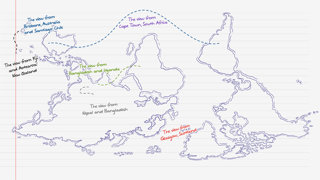
Changing how we think
The films were designed to encourage students to engage with challenging conversations and question their assumptions through a medium that feels accessible and familiar. The interviews were the result of careful relationship-building with interviewees and were sensitive to the need for unmediated voices to be heard. The team prioritised creating an environment where contributors felt no pressure to align with a preconceived agenda, allowing them the freedom to express their perspectives authentically. That way, from the onset, there was a shift in how the team thought and approached their project.
Thinking geographically is an important part of how we understand and respond to the climate crisis. As geographers, we connect with places and communities, engaging with the global landscape to not only identify challenges but also explore potential solutions. The resources were designed to show people’s resilience to the changing climate, sharing stories of hope rather than just focussing solely on the negative impacts. This reframing encourages a deeper, more constructive understanding of how we engage with the climate crisis. To see that it is not an ‘out there’ abstract concept but something which we can all engage with and act upon helps change how we think and approach it.
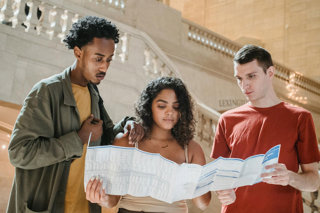
Virtual global fieldtrip
The interactive map launched at COP 26 in Glasgow. While Glasgow may seem some distance from the Global South, this starting point provides crucial context for understanding the project’s origins and purpose. Despite being a truly planetary issue, the project emphasises that there is no singular ‘global’ view when it comes to climate change. As such, the materials should be viewed as part of the diverse and interconnected narrative on the climate crisis.
The role of exploration through fieldwork has been an integral part of geography since the origins of the subject. It is a method in which the geographical community are familiar and therefore offers a way to explore the views of others which would not be heard unless it included vast amount of travel. Given the nature of the topic, the amount of carbon produced to replicate this trip physically for one, let alone many geographers would be huge. However, the way in which fieldwork is conducted through this course reimagines fieldwork in the 21st century; to engage with the relationship between places and understand how people are experiencing the climate crisis within their location.
The art of really listening
‘My truth will only land if you have the grace to fully listen’ Elizabeth Wathuti. The virtual fieldtrip is coined as ‘one journey, many contexts’. The fieldtrip emphasises the vital skill of listening. The design of the resources intentionally prevents participants from interjecting and responding, instead creating a space where the focus is solely on understanding others’ point of view. Participants are invited to unlearn assumptions, feeling comfortable with not knowing or having all the answers, and engage with uncomfortable conversations.
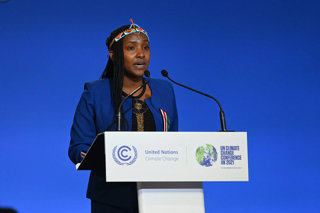
The act of really listening allows individuals to pause, reflect, and ask more meaningful questions. It shifts the narrative, encouraging participants to consider how they, as individuals, can contribute to mitigating climate change while gaining insight into diverse experiences that differ from their own.
Further reading
Elizabeth Wathiti’s speech at COP 26. Source: United Nations
Voices from the Global South - RGS
Voices from the Global South: Open access learning resources OU - RGS
Decolonizing Climate Knowledge: Repairing Epistemic Injustice and Loss in the Era of Climate Change
File nameFiles
File type
Size
Download
A collaboration between The Open University, Royal Geographical Society with Institute of British Geographers, and the International Geographical Union.


